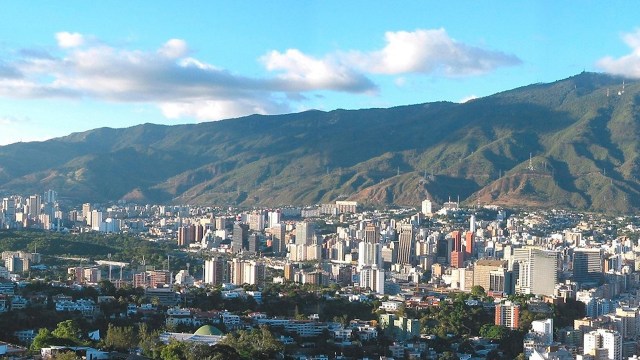
Venezuela is returning to the geopolitical stage after months out of the limelight.
By Argus – Patricia Garip
Jun 24, 2021
President Nicolas Maduro’s government and his political opponents are preparing to restart negotiations to establish credible conditions for state and local elections on 21 November, cooperation to address the Covid-19 pandemic and broader power-sharing arrangements. If the talks succeed, the US would gradually lift sanctions, unshackling the Opec country’s national oil industry and galvanizing a new class of private investment after more than two decades of catastrophic state control over the economy.
In anticipation of the expected kick-off of the Norwegian-brokered talks next month, both sides are conferring with their international patrons. An opposition delegation led by Gerardo Blyde – a veteran of a previous failed dialogue – is in Washington this week before heading to Brussels. Venezuela’s foreign minister Jorge Arreaza met with his counterpart Sergei Lavrov in Moscow.
The negotiations will test an incremental strategy espoused by a moderate opposition wing led by former Miranda state governor and ex-presidential candidate Henrique Capriles, who is eclipsing hardliners embodied by prominent exile Leopoldo Lopez and his protege in Venezuela, Juan Guaido. The moderates advocate participating in elections however flawed and resolving day-to-day problems on the ground, even if that means working with Maduro. The Lopez-led camp has long pursued an all-or-nothing strategy manifested by an electoral boycott.
In January 2019, Guaido, then-head of Venezuela’s National Assembly, was anointed president of an ersatz interim government actively supported by former US president Donald Trump’s administration. Western recognition and popular support for Guaido crumbled after he failed to fulfill his vow to oust the “usurper”. Dispirited technocrats who initially joined him have gone back to their day jobs or retirement. In Washington, President Joe Biden’s administration is now hoping the upcoming talks will lead to an off-ramp for the awkward recognition of Guaido and the sanctions inherited from Trump.
In parallel, some oil companies, yield-hungry private equity firms and jilted bondholders are hoping for an on-ramp. Departing from the Bolivarian socialism ushered in by late president Hugo Chavez in 1999, Maduro is promoting “anti-blockade” legislation that would allow the private sector to hold a majority stake in upstream oil contracts, of which around two dozen have already been signed with unnamed local and foreign companies. Execution of the contracts rests on reforming the country’s hydrocarbons law to cement the elimination of Venezuelan state-owned PdV’s mandate of control, a proposition rejected by ideological purists in Maduro’s socialist party (PSUV).
Incumbent Western oil companies such as Chevron, which is on stand-by in Venezuela under a US sanctions waiver, hope the political talks and legislative reform converge into an opportunity to revive Orinoco heavy oil belt operations and tap long-neglected natural gas reserves. EU firms Repsol and Eni are eyeing export avenues for the gas they are already producing offshore. Peers with no Venezuela presence are unlikely to rush in because of political risk and the carbon intensity of Orinoco operations.
Quick wins
Beyond the IOCs, the potential reopening is attracting a speculative class of investors generally keener on short-term profits than long-term gains, including fledgling private equity groups with Venezuelan capital and holders of some $60bn in defaulted Venezuelan sovereign and PdV bonds.
…
Read More: Argus – Looming Venezuela talks whet investor appetite
…

